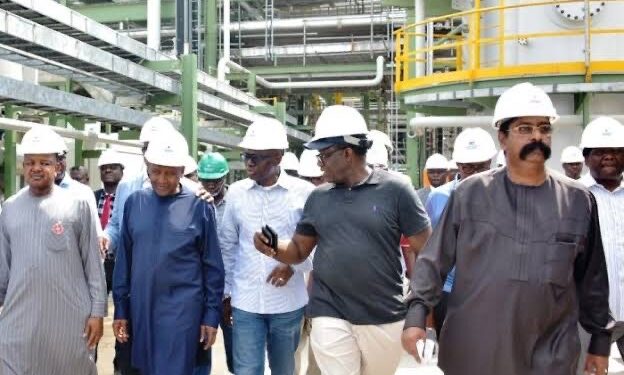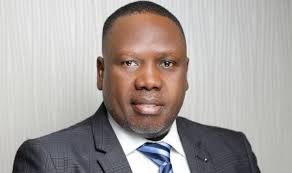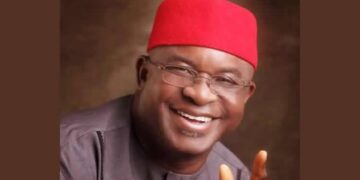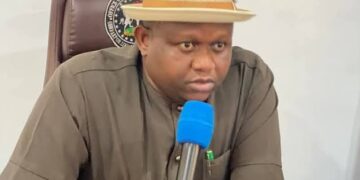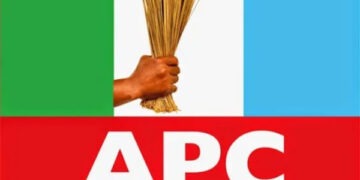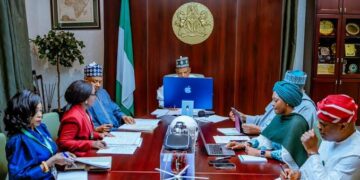Aliko Dangote, Africa’s richest man and founder of the Dangote Group, announced that he has repaid $2.4 billion of the $5.5 billion loan to build his $19 billion oil refinery
The revelation was made at the Afreximbank Annual Meetings (AAN) and AfriCaribbean Trade & Investment Forum, where Dangote praised the vital support of African financial institutions amid growing tensions, challenges, and attempts at sabotage.
Speaking to an audience of international financiers and business leaders, Dangote revealed that various entities, both local and foreign, were seeking to sabotage the 650,000 barrels per day facility. “Many thought the project would fail,” he said, highlighting the skepticism surrounding this ambitious undertaking.
Despite these obstacles, Dangote thanked Afreximbank and Access Bank of Nigeria for their unwavering support, stressing that the project would not have been successful without them. He explained the challenges faced, noting that foreign banks were often unsupportive, with some even trying to push the project into default during the COVID-19 pandemic.
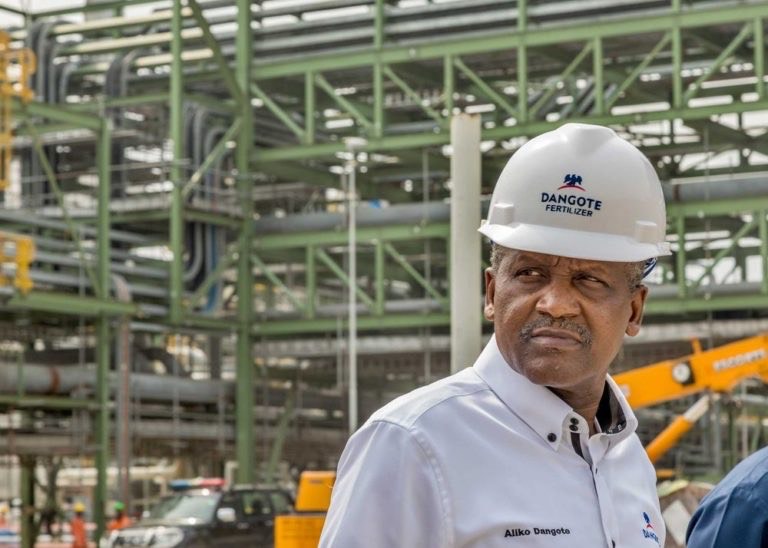
“If I had raised the idea of international project financing, they would have shut it down, asking for my great-grandmother’s birth certificate,” Dangote commented, criticizing the strict and often set by international financial institutions in a discouraging manner.
Dangote emphasized the importance of African financial institutions in the continent’s industrialization process, saying, “Without banks like African Finance Corporation (AFC) and Afreximbank, it would be difficult to industrialize Africa. They understand the challenges and issues unique to our continent.”
Despite adversity, Dangote is proud to report significant progress in debt repayment. “We borrowed just over $5.5 billion. We’ve paid interest and some principal, totaling about $2.4 billion. Now, only $2.7 billion remains. We’ve done very well for a project of this magnitude,” he said.
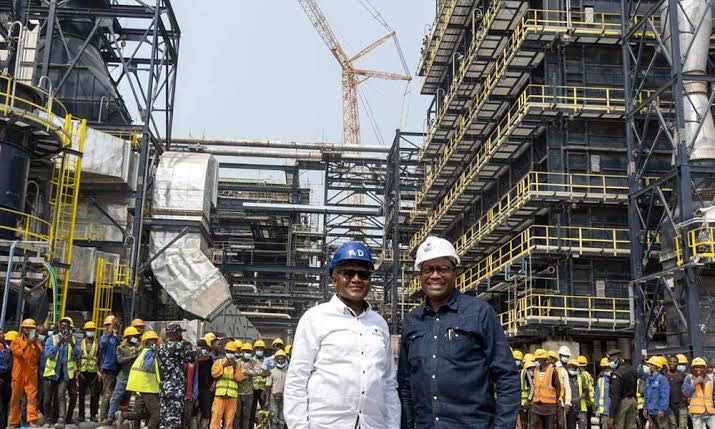
Responding to concerns about getting enough crude for the refinery, Dangote acknowledged continued opposition from established players in the oil industry.
Those who had access to easy money for decades don’t want to lose their grip. They fight back, but these challenges are temporary. We will overcome them,” he affirmed. Dangote also emphasized the strategic importance of the refinery for Nigeria and the wider sub-Saharan region. “Africa must produce what it consumes. We can no longer rely on the West. During the COVID period, some international banks hoped to see us default. Thanks to banks like Afreximbank, that didn’t happen.”
Furthermore, he revealed that 25% of Dangote’s fertilizer production is currently exported to the United States and the company is on track to meet the urea demand of the Caribbean.
He emphasized the refinery’s role in securing Nigeria’s energy future, noting that the facility will serve as a strategic reserve of the country’s petroleum products.
With an eye on his future plans, Dangote announced his intention to venture into the steel industry.
“We aim to ensure every piece of steel we use comes from Nigeria. No foreigner will make our continent great; it must be driven by domestic investment,” he declared.
Demonstrating the self-sufficiency of the Dangote Group, he revealed that the company produces about 1,500 MW of electricity for its operations, bypassing the national grid and its limitations.
In conclusion, Dangote reflects on his journey, acknowledging the ongoing battle against powerful opponents but expressing faith in ultimate victory.
“The fight is ongoing, but with the support of our people and government, we will prevail,” he said. As Africa’s industrial landscape continues to evolve, Dangote’s story serves as a beacon of resilience and a call to action for local investment and self-reliance.


